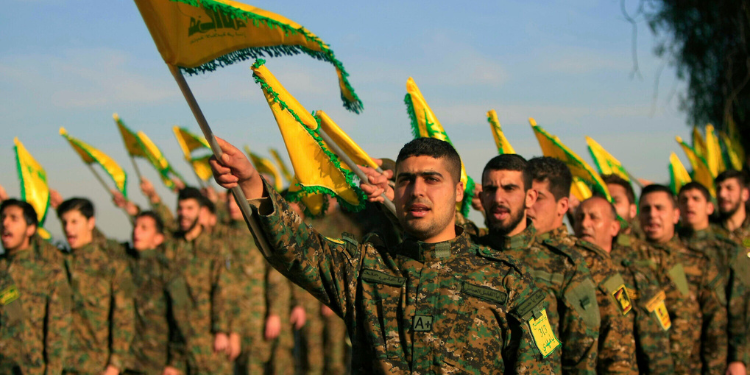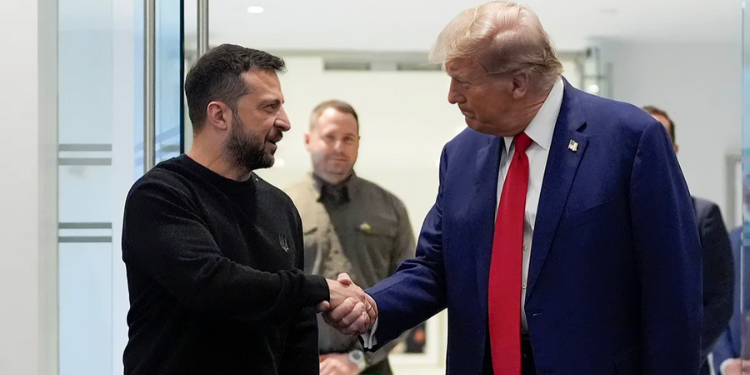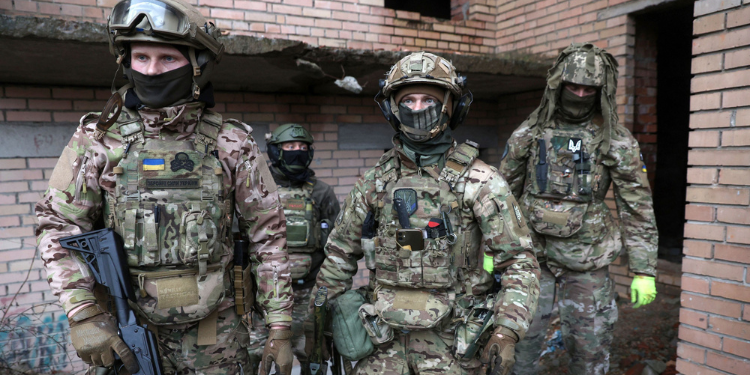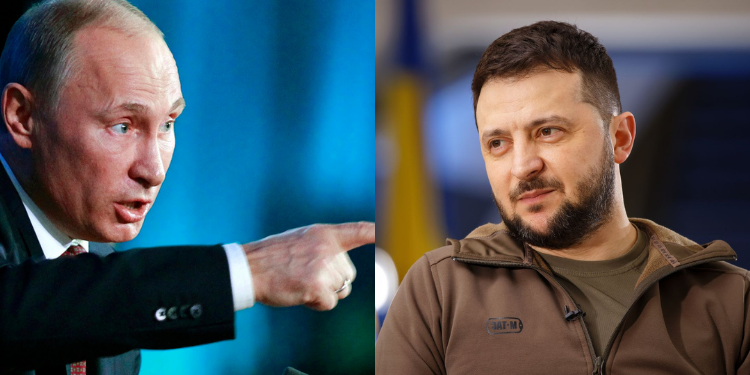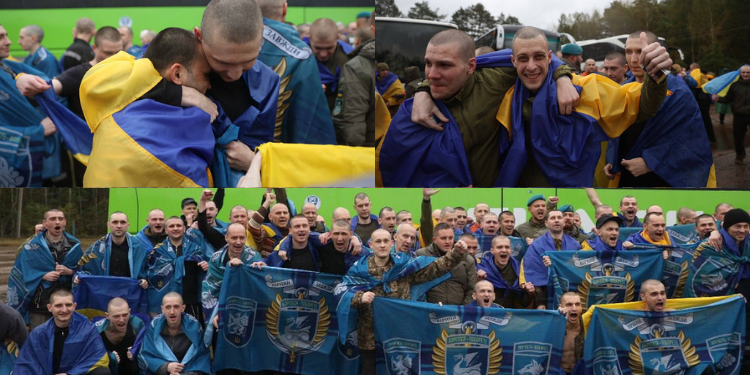Iran has publicly reaffirmed its unwavering support for Hezbollah during a high-level meeting in Beirut between Ali Larijani, secretary of Iran’s Supreme National Security Council, and Sheikh Naim Qassem, Hezbollah’s deputy leader.
The talks took place as Lebanon grapples with heightened regional tensions and internal divisions over Hezbollah’s military role and political influence.
Strategic Meeting Amid Regional Strains
The meeting was held as Hezbollah marked the first anniversary of the killing of its former leader, Hassan Nasrallah, who was assassinated in an Israeli strike last year.
The timing has signaled Hezbollah’s resilience and Iran’s determination to remain closely aligned with its most important regional ally, Lebanon.
According to statements from Hezbollah and Iranian officials, Larijani conveyed a clear message of solidarity from Iran, pledging support across all fronts, including political, economic, diplomatic, and military.
He stressed that this backing reflected the directives of Iran’s Supreme Leader, Ayatollah Ali Khamenei, and represented a unified position of the Iranian state.
Iran’s Message of Commitment
Larijani praised Hezbollah for what he described as its role in defending Lebanon’s sovereignty and resisting external aggression.
He vowed that Iran would continue to assist the group “at all levels” as part of a broader regional strategy to counter Israel’s influence.
“The Islamic Republic stands by Lebanon and its resistance completely,” Larijani said.
He also emphasized that Hezbollah operates independently and is not merely an extension of Iranian policy, stating that its legitimacy derives from its roots within Lebanon’s population and political system.
Larijani’s trip included meetings with senior Lebanese officials, among them Prime Minister Nawaf Salam and Parliament Speaker Nabih Berri.
These discussions focused on Lebanon’s political stability, reconstruction efforts, and the need to prevent external actors from exploiting the country’s fragile internal landscape.
Lebanese leaders emphasized their commitment to national sovereignty and urged the strengthening of state institutions amid ongoing political and economic crises.
Hezbollah’s Firm Stance on Arms
During the talks, Qassem restated Hezbollah’s position on its weapons, rejecting any proposals for disarmament.
He argued that the group’s arsenal remains vital to defending Lebanon, particularly its southern border, against Israeli aggression.
“The resistance’s weapons will not be surrendered,” Qassem declared, describing them as essential for protecting Lebanese sovereignty and preventing future attacks.
He pointed to U.N. Security Council Resolution 1701, which ended the 2006 war between Hezbollah and Israel, claiming that Lebanon has adhered to its obligations while accusing Israel of repeated violations.
Qassem also referenced the Taif Agreement, the landmark agreement that ended Lebanon’s civil war, saying its implementation remains incomplete until all Lebanese territory is free from foreign occupation.
In addition, he urged that upcoming parliamentary elections proceed as scheduled, positioning Hezbollah as both a military and political actor.
Regional and Diplomatic Implications
Beyond Lebanon, Larijani’s visit carried a broader regional message.
He called for unity among Arab and Islamic nations, urging them to put aside internal disputes and confront what he described as Israel’s “aggressive behavior.”
Larijani welcomed recent dialogue efforts between Hezbollah and Saudi Arabia, framing them as a step toward reducing sectarian tensions and stabilizing the region.
Also Read: Russia Secretly Recruits 22 Kenyans to Fight War in Ukraine
Western governments, however, remain concerned about Hezbollah’s role as an armed non-state actor.
The United States and European nations have consistently linked financial aid and political normalization to progress on disarmament and the strengthening of Lebanese state authority.
This position directly conflicts with Hezbollah’s stance and Iran’s public support, creating ongoing friction between Lebanon and its international partners.
Lebanon at a Crossroads
Lebanon’s leadership faces numerous challenges as it navigates reconstruction, economic collapse, and domestic political instability.
Also Read: Europe and NATO Stunned as Putin Bombs the Heart of Ukraine’s Capital, Kyiv
Prime Minister Salam has repeatedly insisted on the importance of consolidating state authority and avoiding foreign interference, while acknowledging the delicate balance required to maintain national unity.
Larijani’s visit highlighted that balance, reinforcing Hezbollah’s status as a dominant political and military force while complicating efforts to forge a unified national security strategy.
Follow our WhatsApp Channel and X Account for real-time news updates.
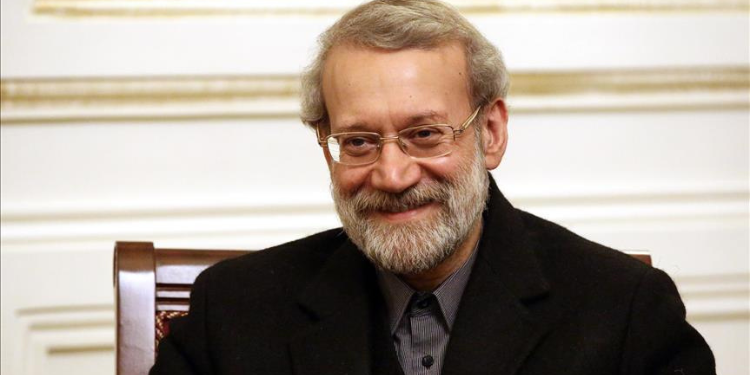

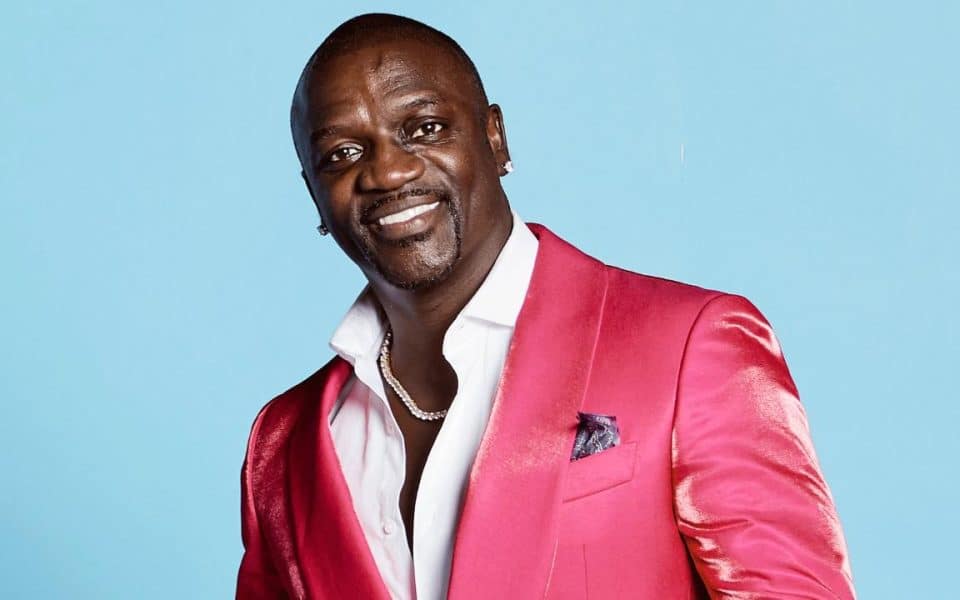

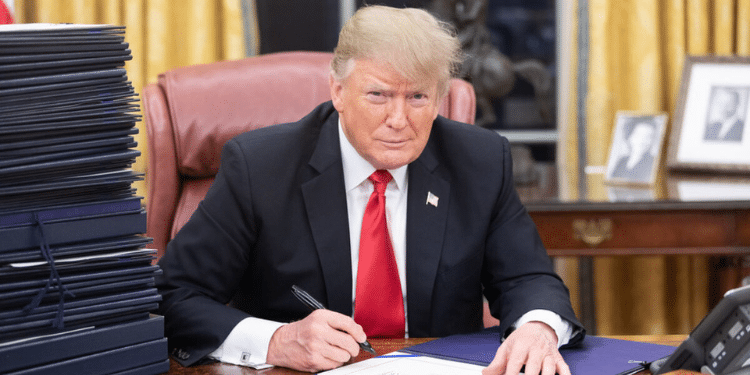
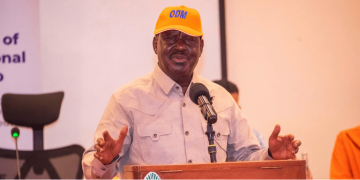



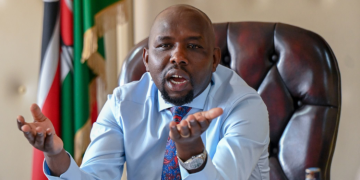
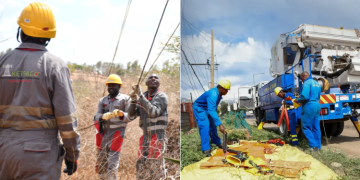






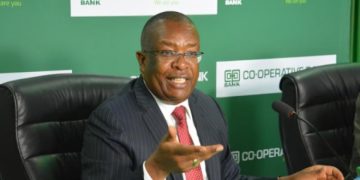
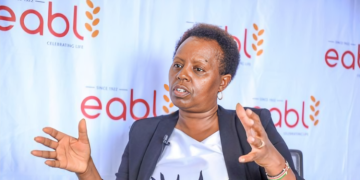
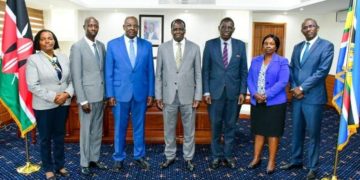
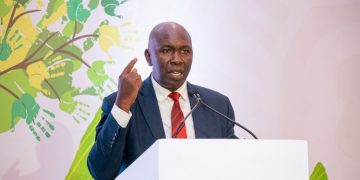
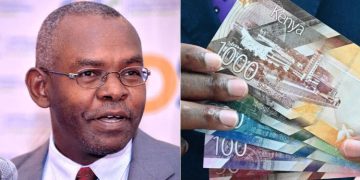

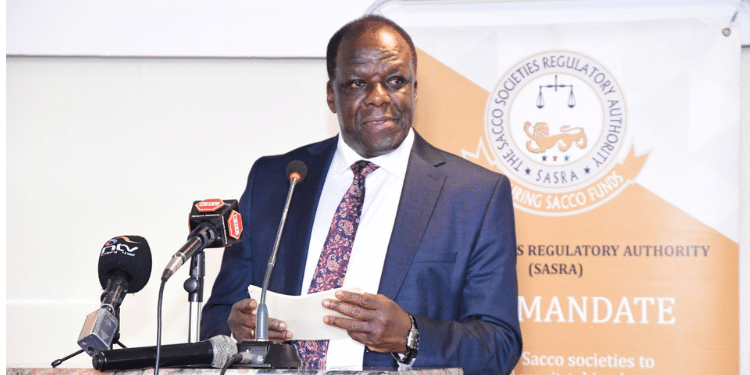































![Senator Allan Chesang And Chanelle Kittony Wed In A Colourful Ceremony [Photos] Trans Nzoia Senator Allan Chesang With Channelle Kittony/Oscar Sudi]( https://thekenyatimescdn-ese7d3e7ghdnbfa9.z01.azurefd.net/prodimages/uploads/2025/11/Trans-Nzoia-Senator-Allan-Chesang-with-Channelle-KittonyOscar-Sudi-360x180.png)
















